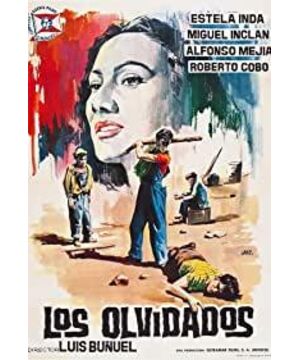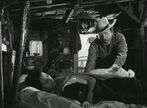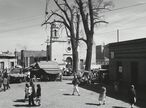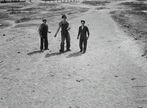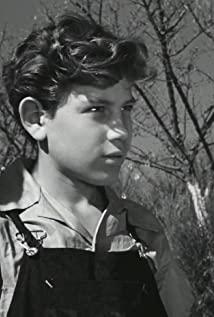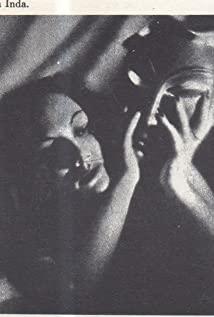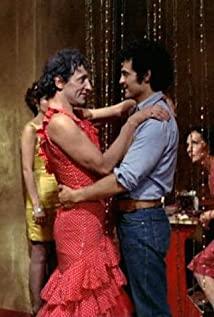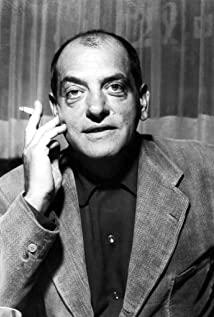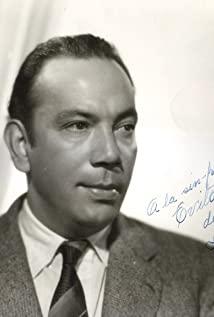Today I saw two films by Spanish director Luis Buñuel: "Ensayo de un Crimen" and "Los Olvidados". I was particularly impressed by the second film. In the center of the screen are juvenile delinquents, blind men, widows, abandoned children, and desperate fathers because of the murder of their sons... Their experiences are a mirror image of life at the bottom of Mexico City. At the end of the movie, these hateful and pitiful people have no choice but to deceive each other and fight each other.
The film was well-received by the Cannes Film Festival, but it is worth pondering that the film has sparked criticism in Mexico, with many organizations, including workers' groups, claiming that it should be deported.
Buñuel has worked in various countries, for example, these two films were shot after Buñuel arrived in Mexico in 1946. In the 1920s, he developed for a period of time in France. For example, the "Golden Age" he released in Paris caused an uproar due to the problem of scale and was banned for half a century. After returning to Spain, he went into exile under the Franco dictatorship. He first came to the United States to find a way out, because of his left-wing political ideology, which was not popular, and finally Mexico accepted him.
In the last two decades in Mexico, Buñuel ushered in his golden age of creation, where he produced most of his works. Before going to Mexico, Buñuel thought he could go anywhere in the world, except Latin America. In his autobiography The Last Lamentation (Mi Último Suspiro):
“Me sentía tan poco atraído por la América Latina que siempre decía a mis amigos: Si desaparezco, buscadme en cualquier parte, menos allí.”
Coincidentally, Buñuel's work in this Spanish film master exhibition was also sent by the Mexican National Film Archive, Cineteca Nacional de México.
When watching the movie, whether it is the old city of Mexico that the black and white lens swept, such as the Catholic cathedral and private residences in the wealthy area, or the unique accents and vocabulary of Mexican Spanish, all of them feel familiar, or have known each other. Even 70 years have passed since the scene in the movie.
Looking back on the places I've been, there's really no place where the gap between the rich and the poor is so striking and unscrupulous as Mexico City. Artists naturally do not miss the city.
Cinema Forever.
View more about Los Olvidados reviews


